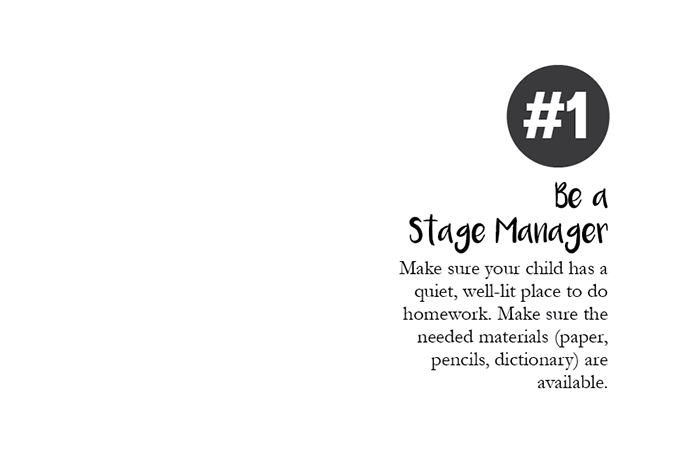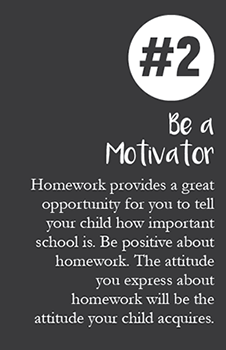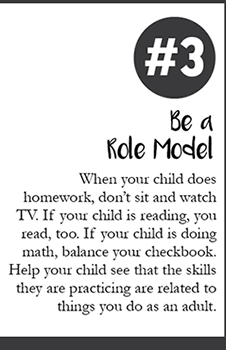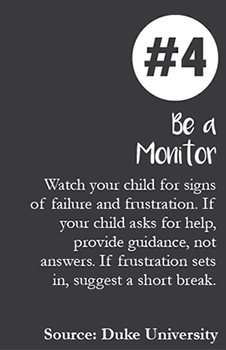
A new school year offers a fresh opportunity to plant seeds for student success. For parents, that means a mixture of vigilance and knowing when to step back, say Duke University experts who study such topics as homework, bullying, absenteeism and English-language learners.
Let the Kids Do the Learning
“Parents can and should be role models and mentors, but over-involvement can be a bad thing. When the teacher asks that you play a role in homework, do it. If homework is meant to be done alone, stay away. Homework is a great way for kids to develop independent, life-long learning skills. If your child asks for help, provide guidance, not answers.”
- Harris Cooper, professor of psychology and neuroscience at Duke and an expert on homework
Make Sure Your Kids Attend School Regularly
“We know that attendance in the elementary grades predicts student attendance in later grades as well as high school graduation rates. The beginning of the school year really sets the stage for the whole academic year when it comes to student attendance.”
- Amy Schulting, a research scientist at the Duke Center for Child and Family Policy who studies absenteeism
Establish Strong Parent-Teacher Communication
“We’ve learned that, by and large, teachers and parents prefer texting as a way to communicate and that it creates a sense of connection and accountability for parents.”
- Amy Schulting, a research scientist at the Duke Center for Child and Family Policy who studies absenteeism
“Parents of English-language learners should make sure the school understands how dedicated you are to your child’s success from day one, and be sure to let the school know if you need an interpreter. Get to know the school staff, and be an advocate for your child.”
- Leslie Babinski, an associate director of the Duke Center for Child and Family Policy who has studied Latino English-learner students



Monitor for Signs of Bullying or Other Problems
“Parents need to be in surveillance mode the first few weeks of school. The goal for parents is to be keyed in enough so that they’re aware of what’s happening, but not create more anxiety for your child. Expect that there is going to be a transition, but monitor behavior and mood. We know that bullying has long-term effects, similar to child mistreatment. If you notice changes in mood, behaviors and school performance, it is imperative to make sure your child doesn’t stay in a toxic situation.”
William Copeland, an associate professor at Duke University’s Department of Psychiatry and Behavioral Sciences and an expert on bullying